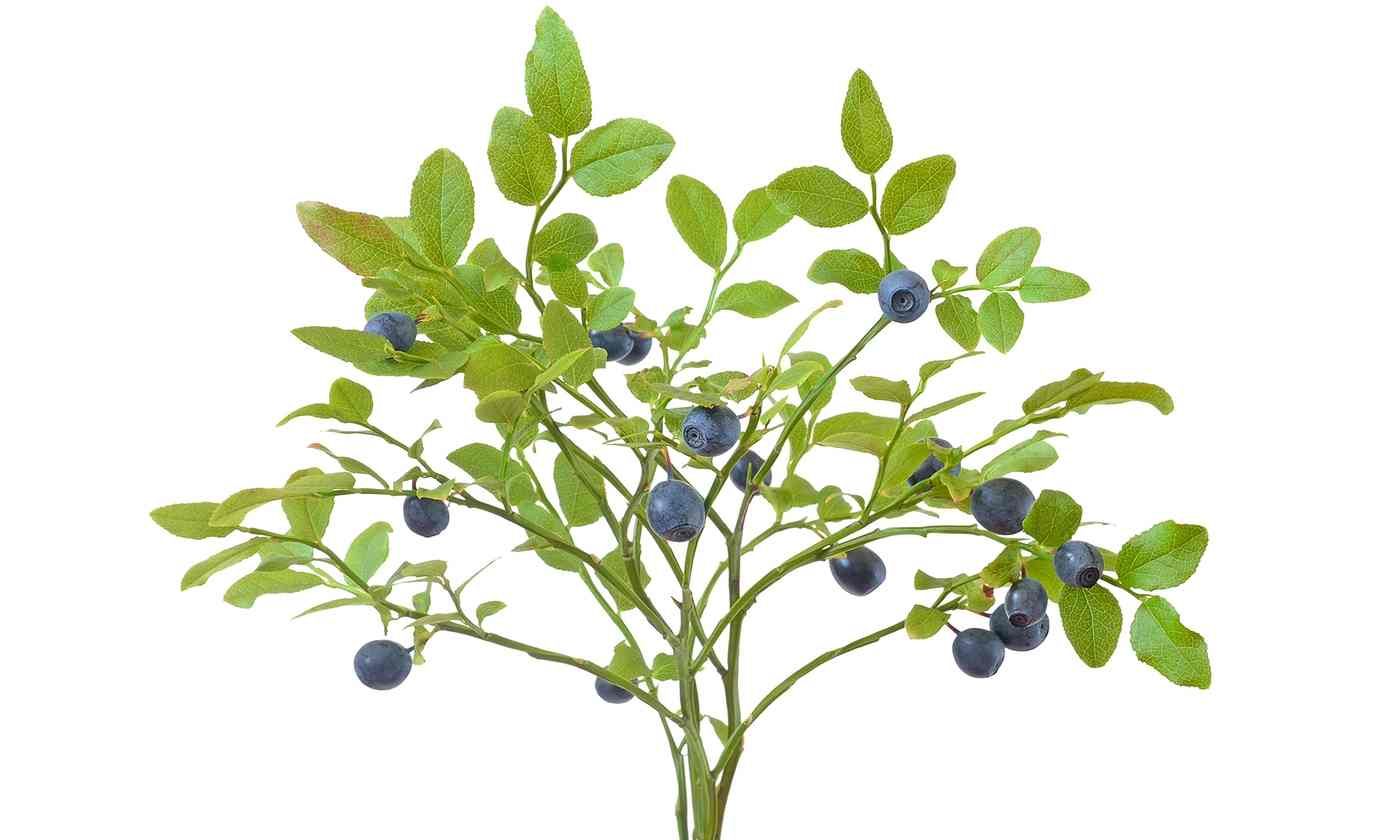Troubleshooting a Blueberry Bush That Isn’t Producing Fruit
You planted your blueberry bush with visions of plump, juicy berries. But disappointment sets in when your bush doesn’t produce any fruit. What causes a blueberry bush to not bear fruit? There are several potential reasons and solutions to help get your blueberry plant to thrive and yield bountiful harvests.
Causes of No Fruit on Blueberry Bushes
Here are some of the most common reasons a blueberry bush may not be fruiting:
- Lack of Pollination
Blueberries require cross-pollination from bees to set fruit. If you have just one lone blueberry bush, it likely isn’t getting pollinated. Plant a different variety within 100 feet to improve pollination rates.
- Insufficient Sunlight
Blueberries need at least 6 hours of direct sun per day. Too much shade will reduce flowering and fruit production.
- Extreme Weather
Late spring freezes can damage blueberry blossoms before they get pollinated. Extreme summer heat and drought stress can also cause flower and fruit drop.
- Age of the Plant
Young blueberry bushes often don’t bear much fruit. Remove blossoms the first year to promote plant growth. Fruiting really picks up around years 3-5 as the bush matures.
- Incorrect Pruning
Neglecting to prune old low-yielding canes will reduce fruiting. Renew blueberry bushes by removing up to one-third of old branches each year.
- Poor Soil Conditions
Blueberries require acidic soil with a pH between 4.5-5.0. Improper soil pH is a prime reason for no fruit. Test soil and amend as needed.
- Nutrient Deficiencies
Lack of nitrogen, boron, zinc, and other nutrients can limit flowering and fruit production. Fertilize bushes every spring.
- Pest Damage
Birds, deer, Japanese beetles, and other pests feast on blueberry bushes, removing flowers and fruits. Use netting and other deterrents.
- Disease Issues
Fungal diseases like mummyberry can inhibit flowering and destroy developing blueberry fruits. Prune out infected areas and improve air circulation.
How to Get Blueberries to Bloom and Fruit
If your blueberry bush isn’t flowering or fruiting, try these troubleshooting tips:
- Plant a Pollinator Variety
Introduce bees to your blueberry patch by planting a different variety within 100 feet. Cross-pollination between two cultivars produces the highest yields.
- Improve Sun Exposure
Prune surrounding trees and vegetation to increase sunlight on the blueberry bush to at least 6 hours of direct sun per day.
- Test and Amend Soil
Get a soil test to check the pH. Blueberries need acidic soil between 4.5-5.0 pH. Lower pH with elemental sulfur if needed.
- Apply Balanced Fertilizer
Feed bushes in early spring with a balanced 10-10-10 fertilizer formulated for acid-loving plants. Nitrogen encourages flowering and fruiting.
- Control Pests
Cover bushes with bird netting after flowering. Apply horticultural oil for aphids. Pick off beetles by hand. Keep weeds down to prevent disease.
- Prune Properly
In late winter, remove low branches without flower buds and prune out older, less productive canes. This stimulates new growth.
- Protect Flowers from Frost
During cold snaps in spring, cover blueberry blossoms with fabric overnight to prevent frost damage to the tender flowers.
- Water Consistently
Blueberries need about 1-2 inches of water per week. Install drip irrigation or manually water if Mother Nature doesn’t provide rain.
- Pick Berries Frequently
Harvesting ripe blueberries every few days encourages the plant to produce more fruits. Letting fruits overload the bush can reduce flowering.
With a little TLC addressing pollination, sunlight, soil, pruning, pests, and proper care, your struggling blueberry bush should reward you with an abundant crop of sweet berries in no time! Be patient, as it may take a season or two to get the plant established and fruiting at its peak.
Don’t Make These 7 Mistakes In The Blueberry Growing Process
FAQ
Why is my blueberry bush not producing blueberries?
Do blueberry bushes produce fruit every year?
Do coffee grounds help blueberry plants?
- A Complete Guide to Caring for Yuki Cherry Blossom Shrub - January 23, 2025
- Identifying Red Hot Poker Seeds: What to Look For When Harvesting Torch Lily Pods - January 23, 2025
- A Complete Guide to Harvesting Evening Primrose Seeds - January 23, 2025

